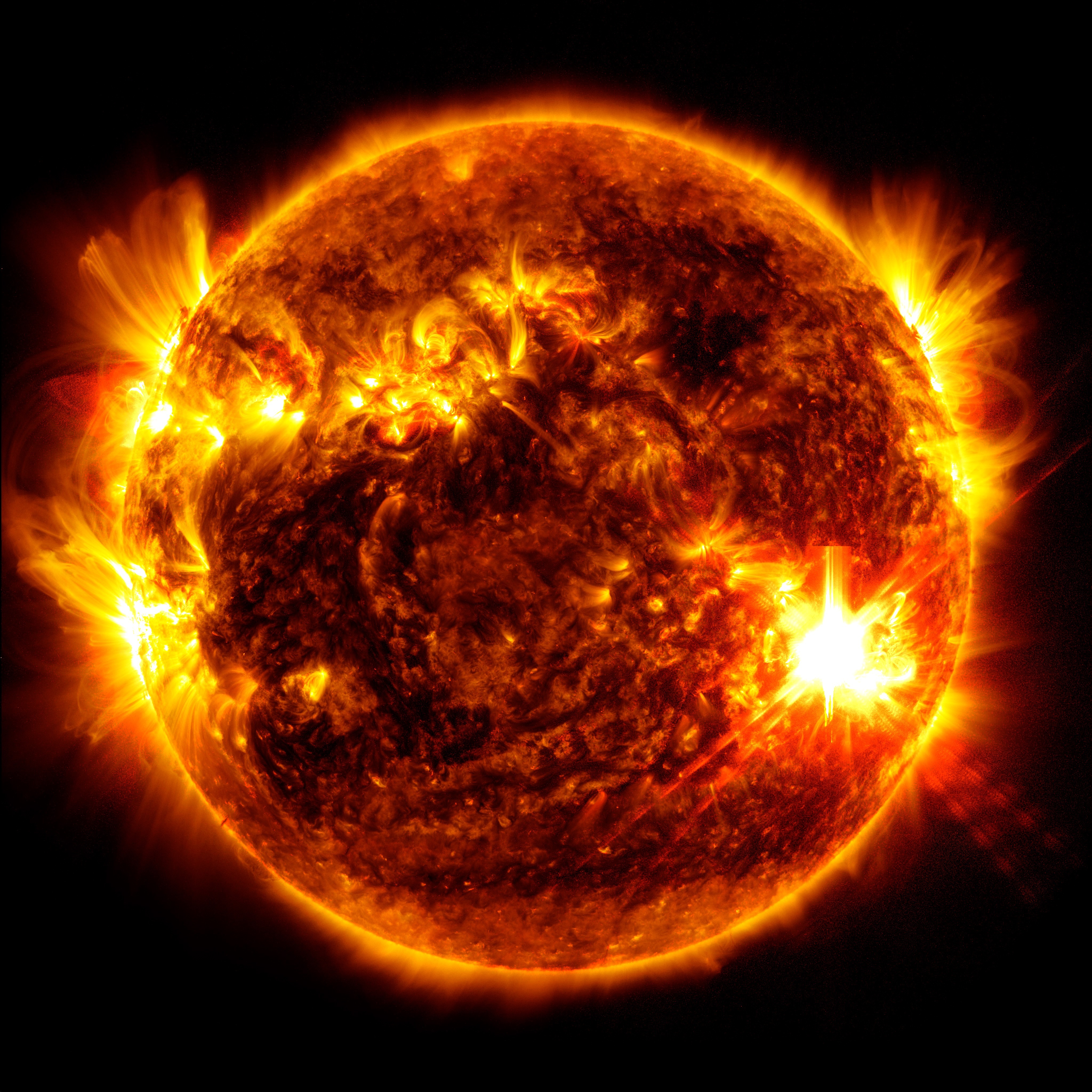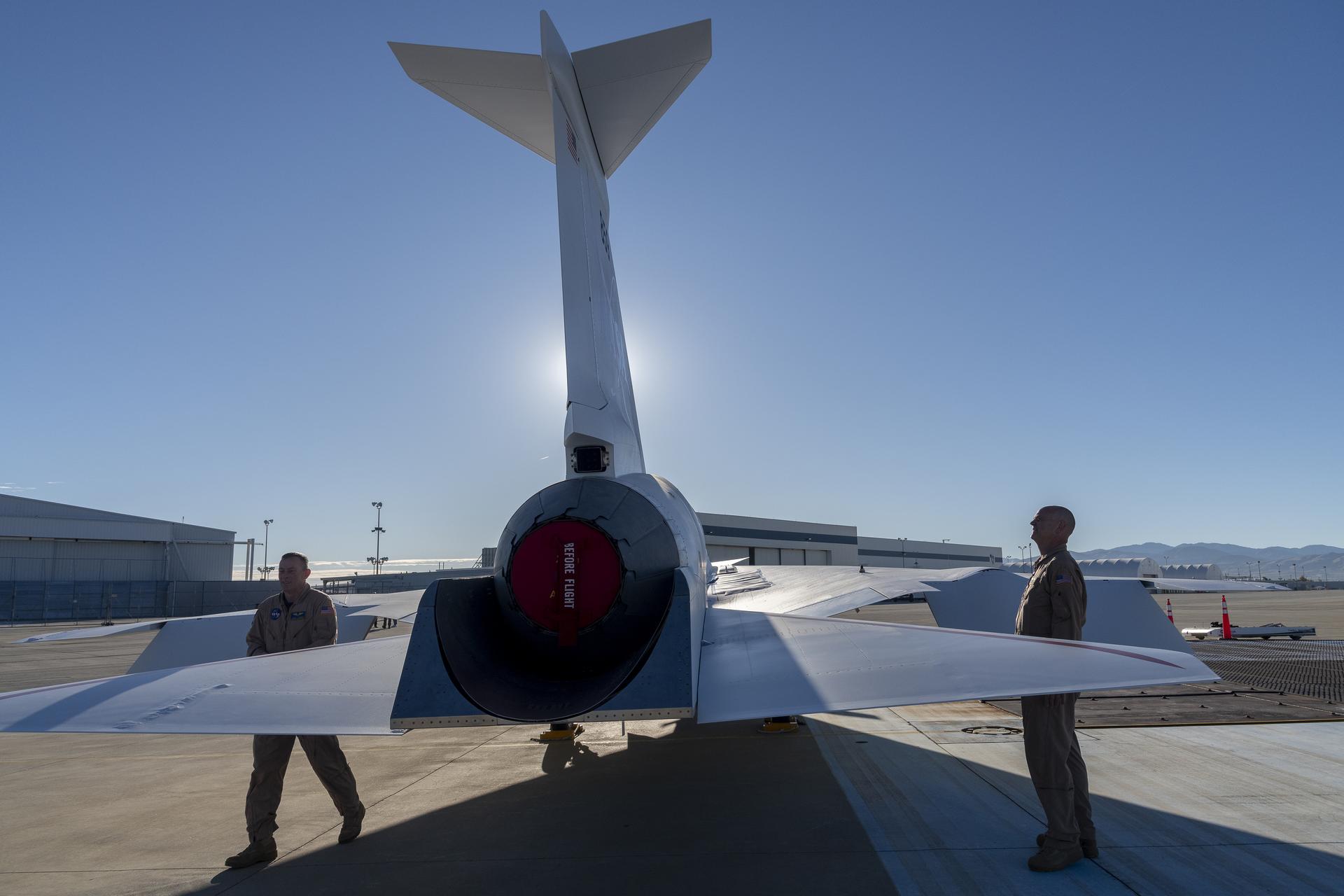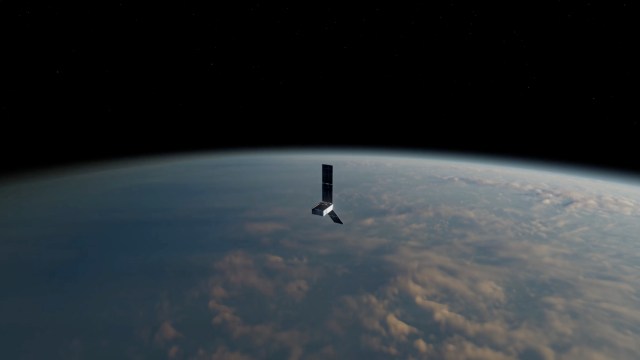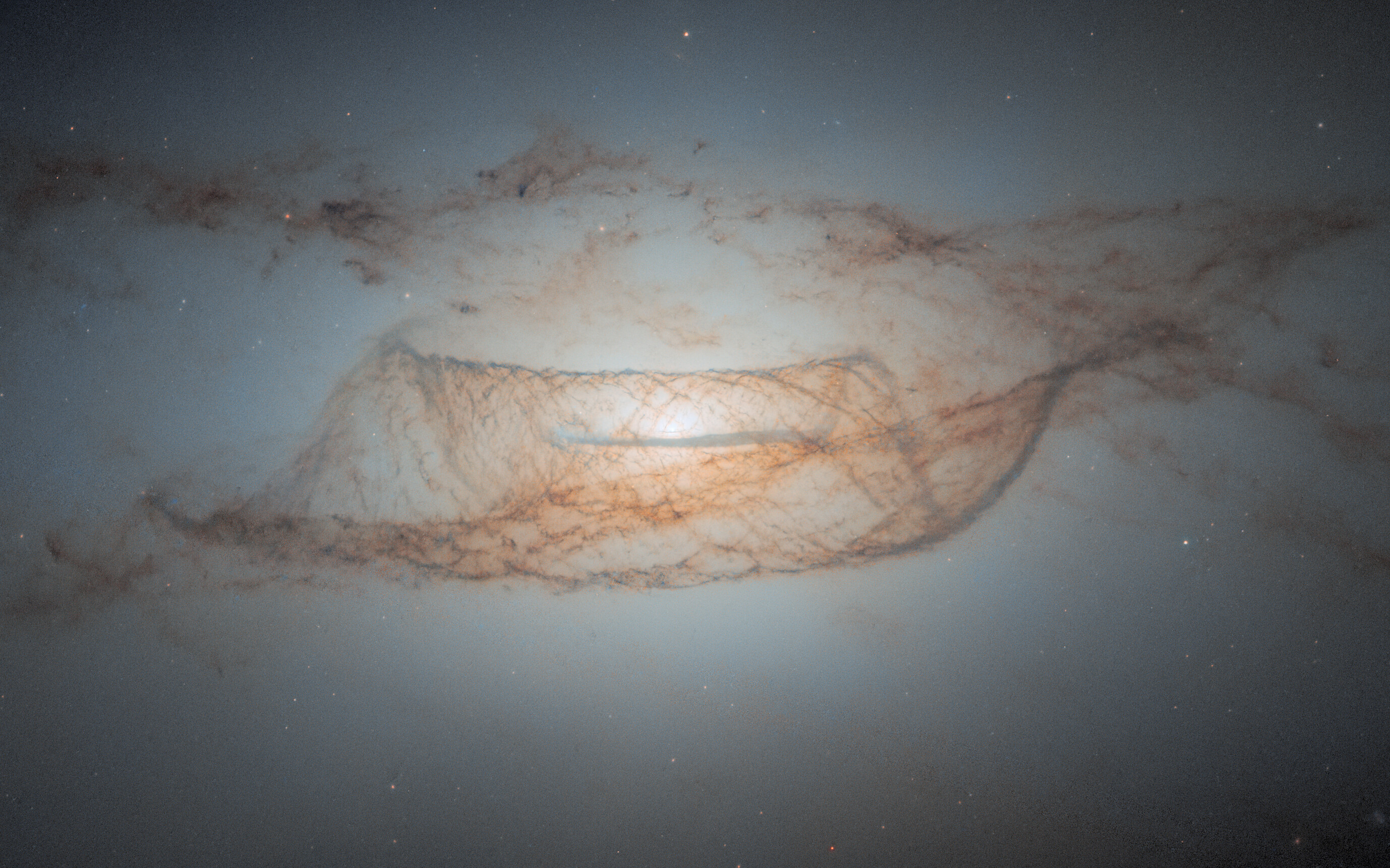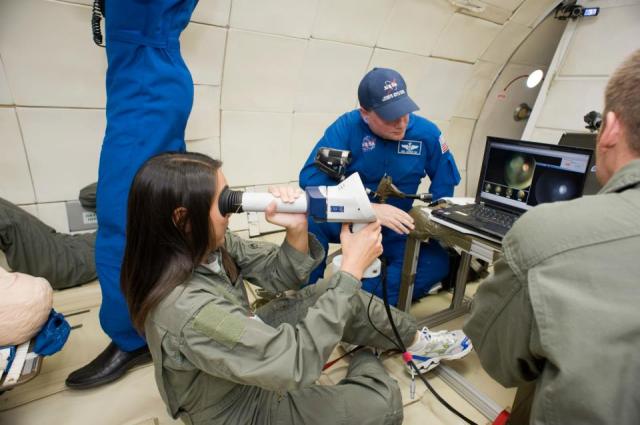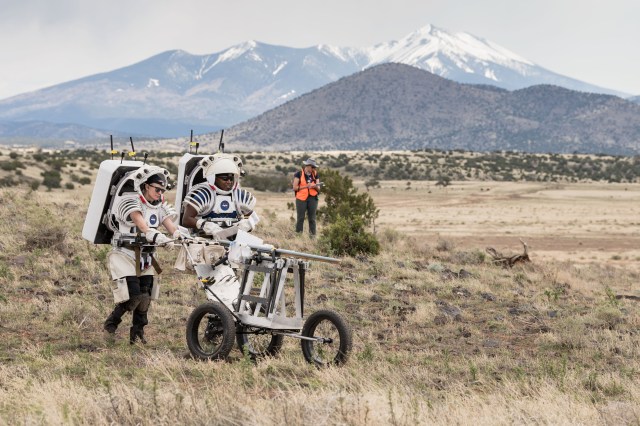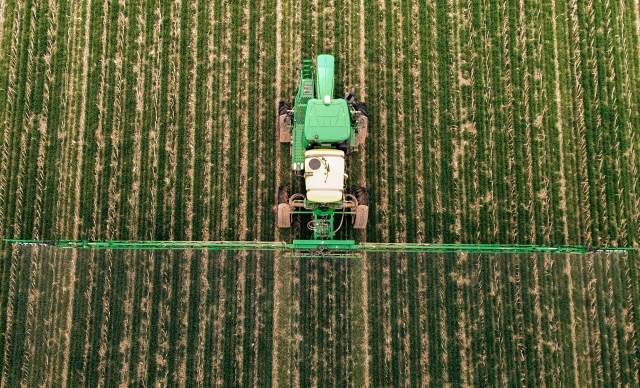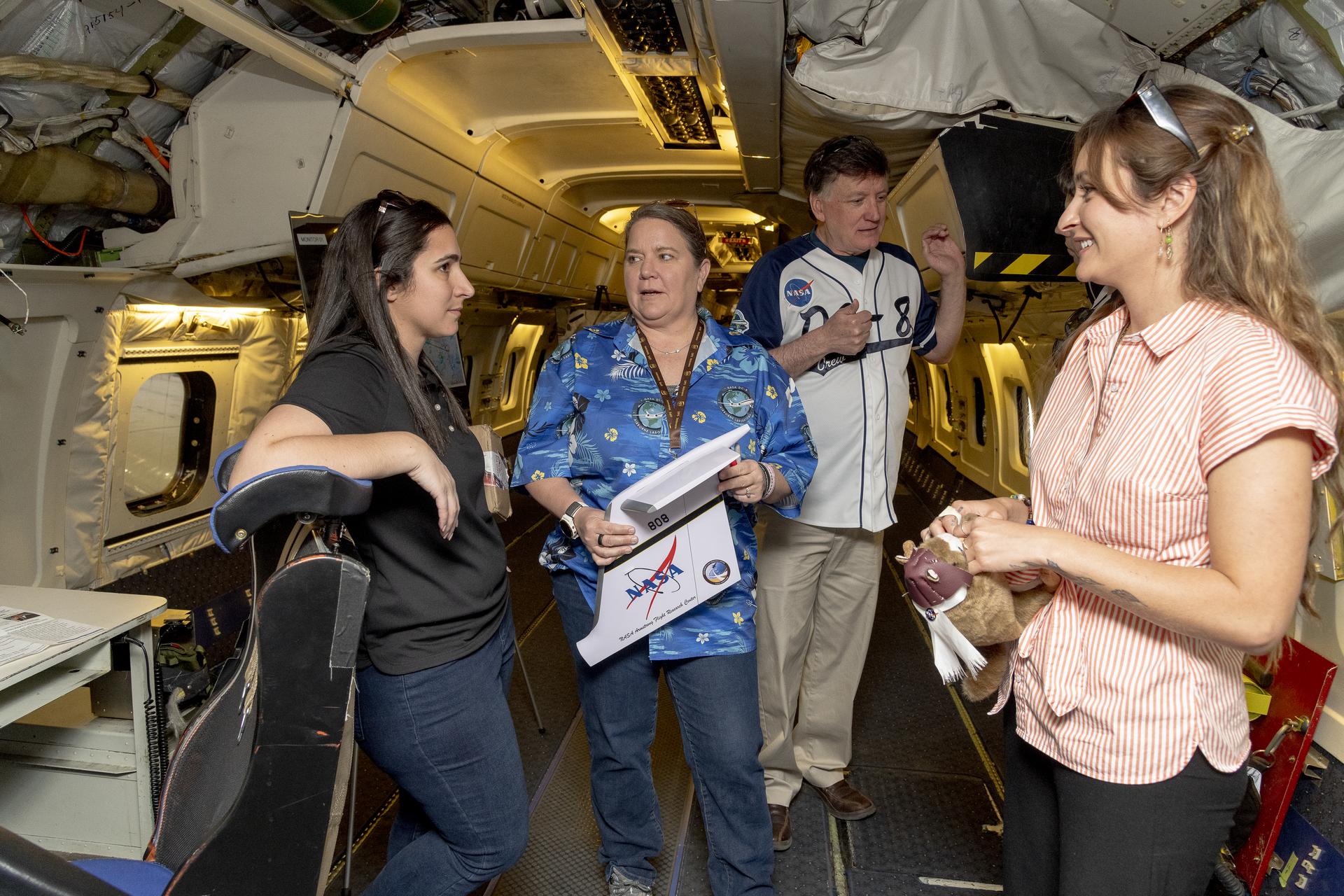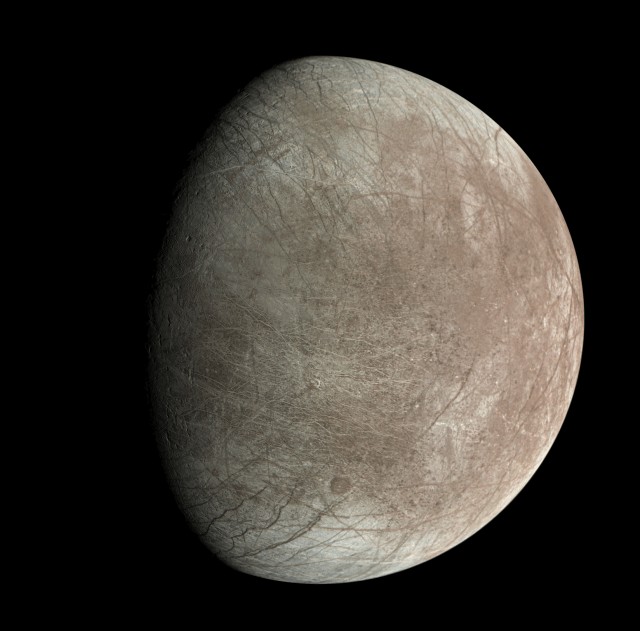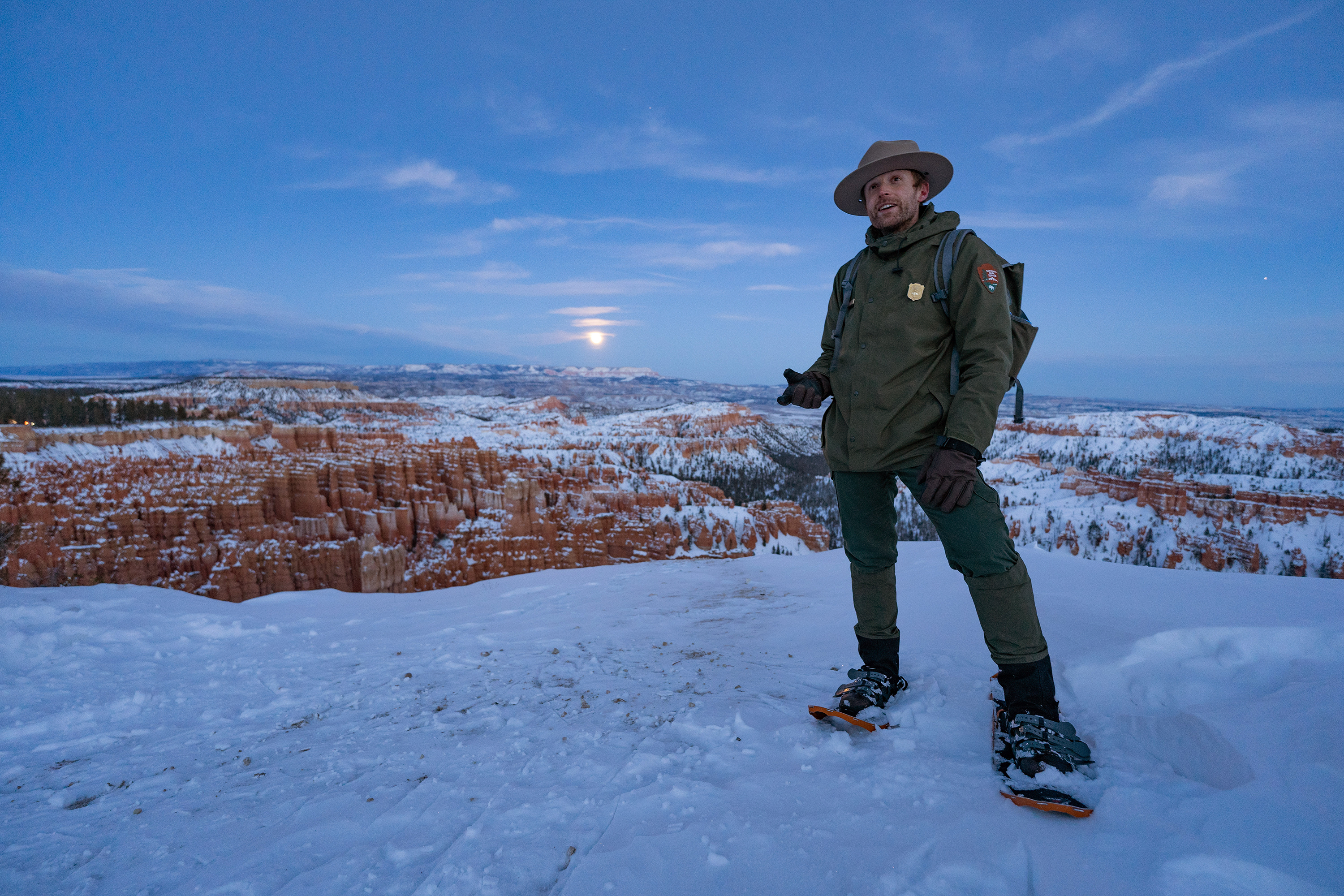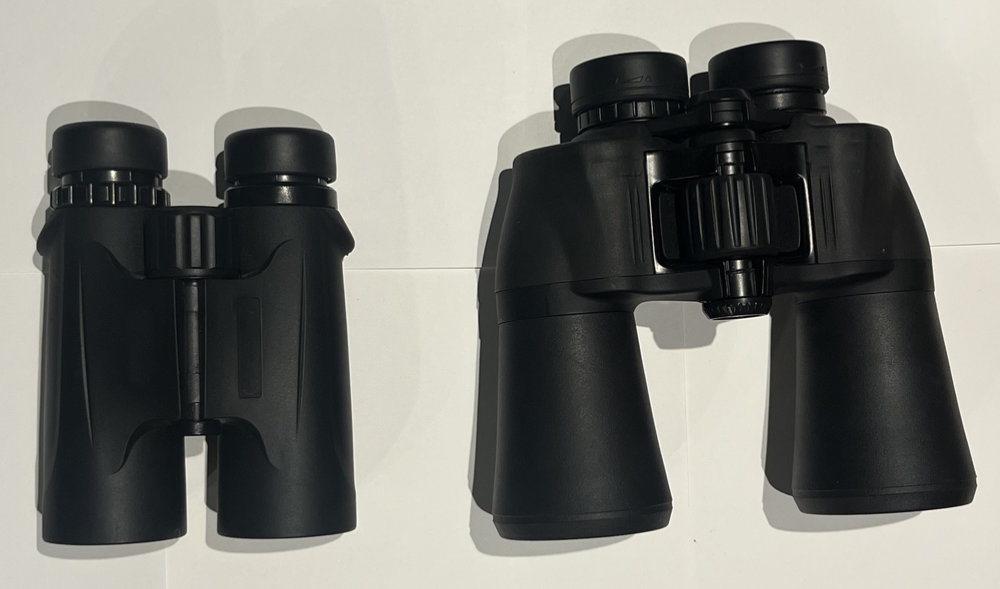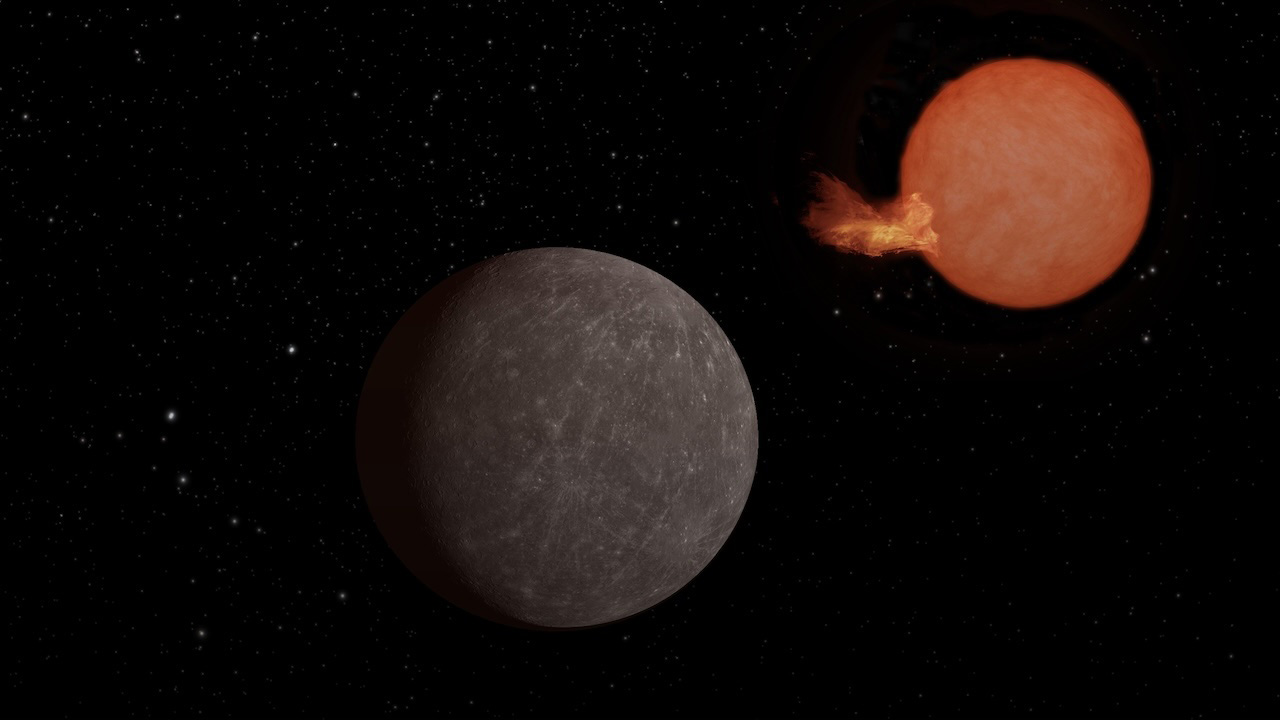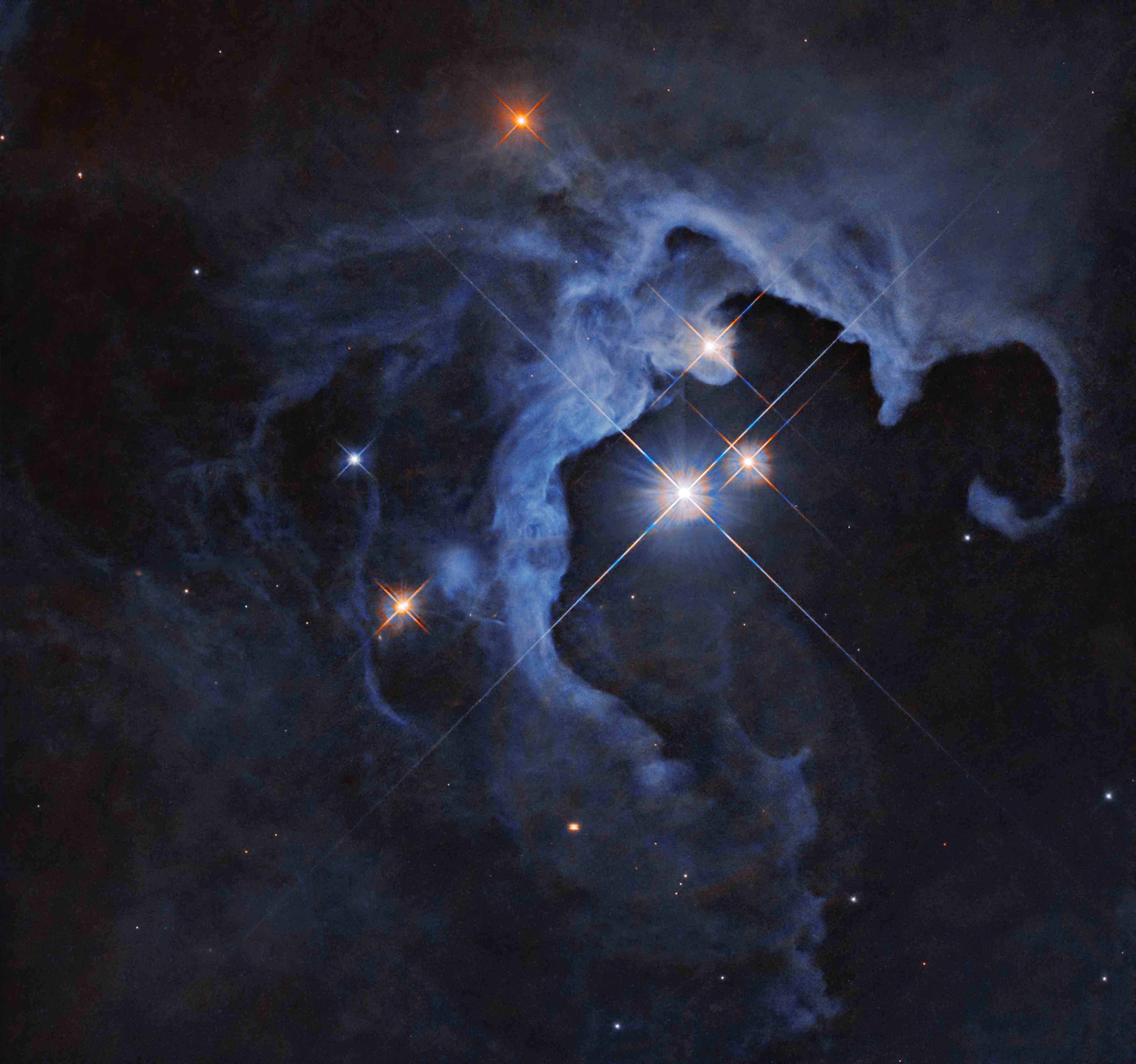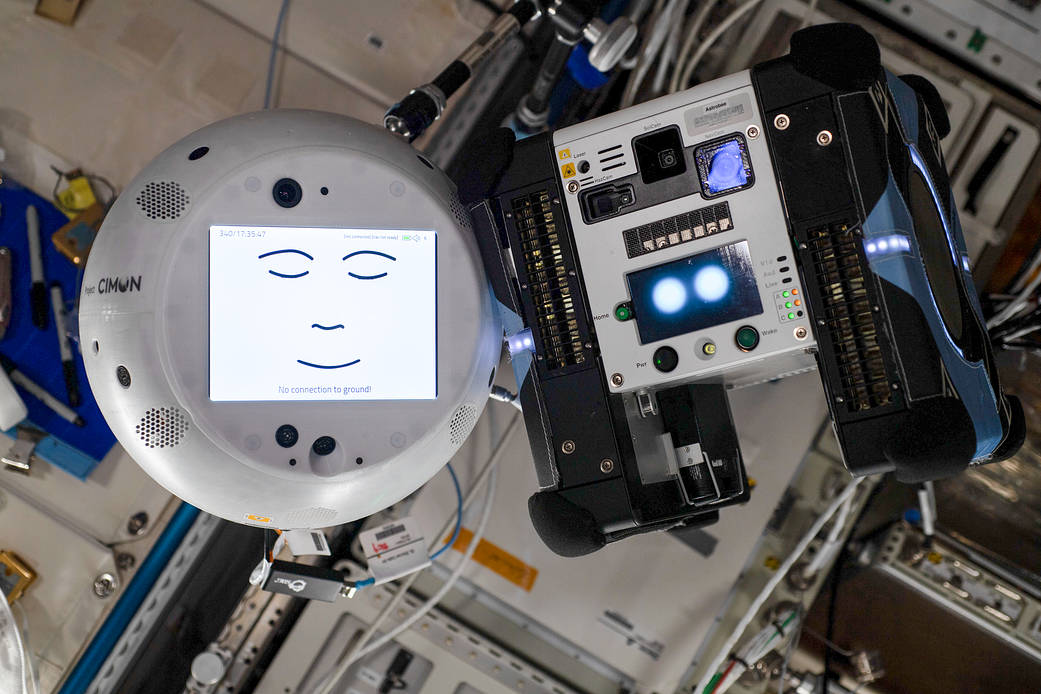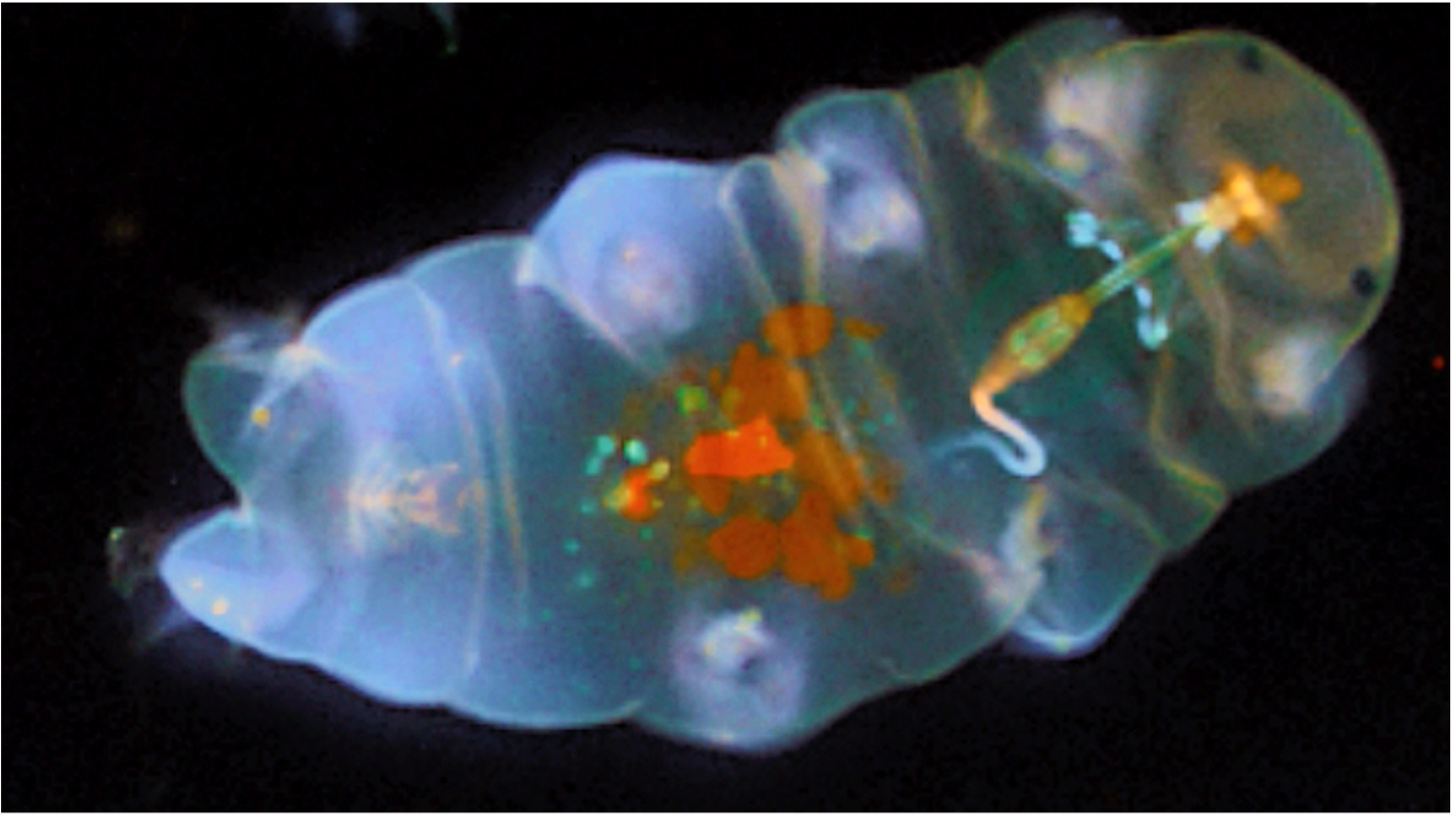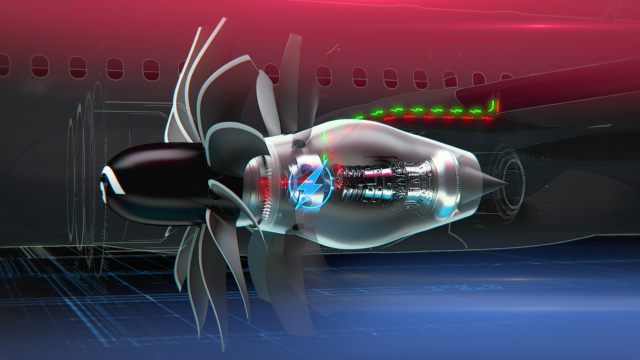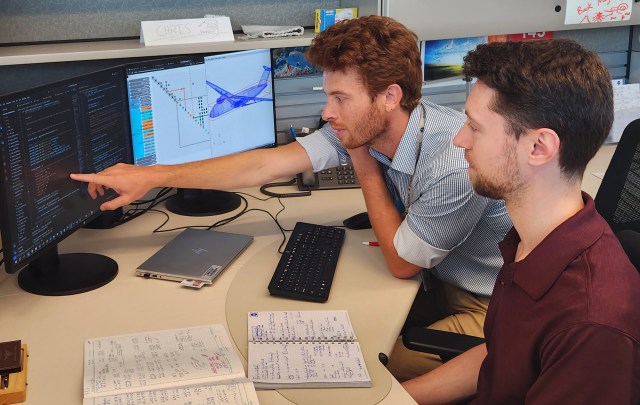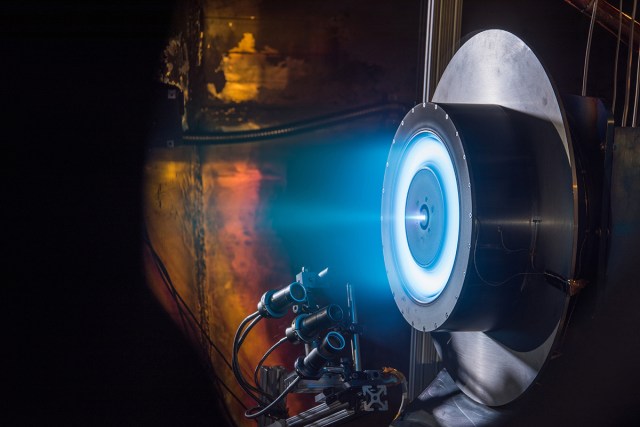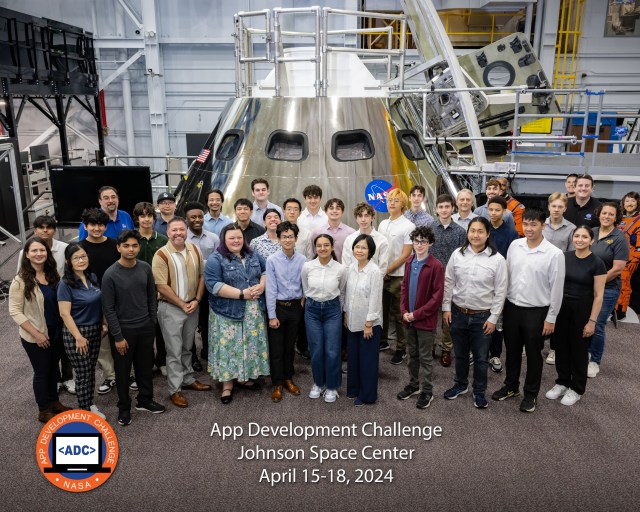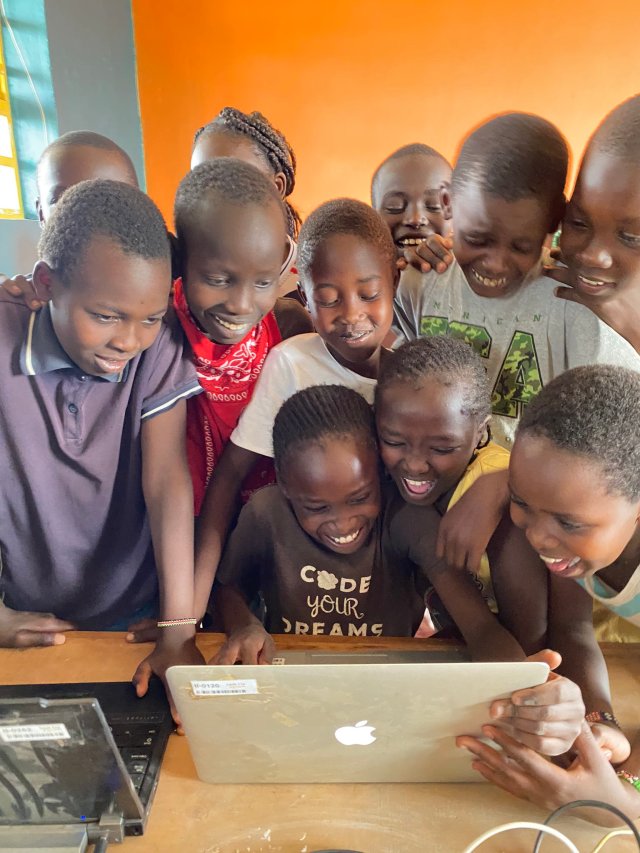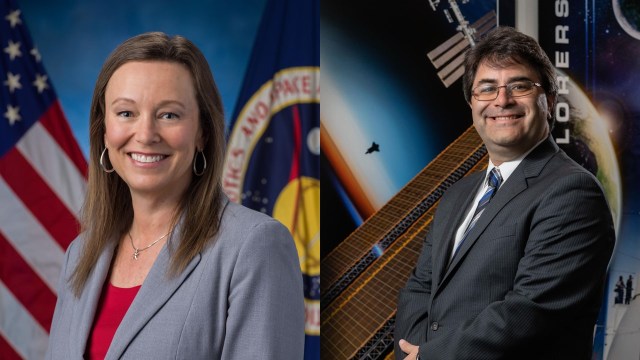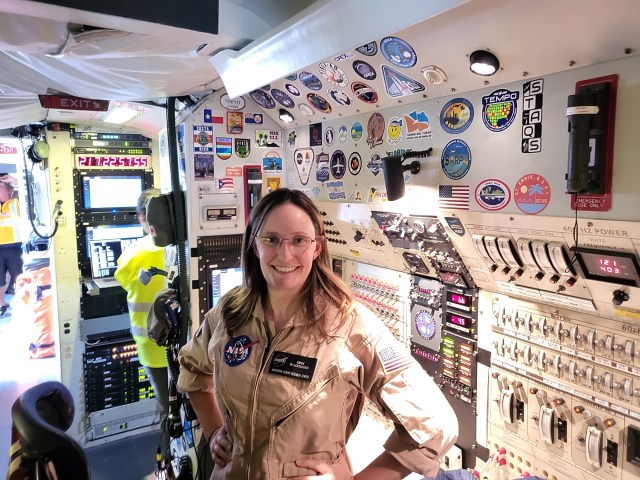
Robin Fergason
Planetary Data Officer
Division: Space Science and Astrobiology (ST)
Email: robin.l.fergason@nasa.gov
Professional Biography
Robin Fergason, Ph.D, is the Planetary Data Officer at NASA-ARC and for the Planetary Science Division of the Science Mission Directorate. She joined the NASA team in 2023, and in this position she supports the development, management, and evolution of the NASA Planetary Data Ecosystem (PDE).
Dr. Fergason has worked in the planetary science field for over 20 years and has extensively used, and lead teams using, data systems and software tools for scientific research and cartographic product generation. She obtained her Ph.D. in Geology at Arizona State University, where she used thermophysical modeling techniques to better understand the physical nature of the Martian surface and interpret current and recent geologic processes impacting Mars. While working towards her Ph.D., she also participated in the testing, calibration, and operations of four instruments operating on Mars (Mars Global Surveyor Thermal Emission Spectrometer (TES); Mars Odyssey Thermal Emission Imaging System (THEMIS), and Mini-TES on both Mars Exploration Rovers (MER) Spirit and Opportunity). In addition, Dr. Fergason has participated in the analysis, selection, and certification of six landing sites on Mars, including Phoenix, Mars Exploration Rover Gusev and Meridiani sites, Mars Science Laboratory, InSight, and Mars 2020.
In 2007, Dr. Fergason began work at the U.S. Geological Survey Astrogeology Science Center (USGS-ASC). At the USGS, she continued her landing site certification efforts and in 2019, she led the team that generated two precision mosaics for the Mars 2020 Terrain Relative Navigation (TRN) landing system. In 2018, Dr. Fergason became a Deputy-Director of the USGS-ASC and the technical operations lead. In this role, she oversaw and collaboratively developed the strategic direction and implementation for software development, photogrammetric product generation, data and software release, cartographic standards development, and IT services. In addition to the Mars 2020 TRN products described above, she also led the effort to geodetically control Thermal Emission Imaging System (THEMIS) daytime infrared (IR) and nighttime IR images, and publicly release these products as both mosaics and Analysis Ready Data products. She also has significant experience designing and developing data systems or supporting their design and evolution. For example, at the USGS-ASC, she was part of a team that collaboratively designed the ASC Analysis Ready Data system, which aims to provide data that is immediately useful to the end user and science community at large with minimal to no additional processing required. She is also a founding (now ex officio) member of the Planetary Spatial Data Infrastructure (SDI) Working Group for Europa and for the south polar region of the moon. These working groups are a voluntary cooperation between planetary community members to evaluate existing spatial data and data standards and assess spatial data storage, acquisition, discovery, and use needs of the planetary community.
Education
May 2006 Ph. D., Geology
Arizona State University
May 1999 B. S., Geology and Geophysics, Mathematics minor
University of Missouri – Rolla
Experience
May 2023 – present Planetary Data Officer at NASA Ames Research Center
April 2020 – May 2023 Deputy Director, Technical Operations Lead
Astrogeology Science Center
U. S. Geological Survey, Flagstaff, Arizona
Oct 2018 – April 2020 Deputy Director (acting), Technical Operations Lead
Astrogeology Science Center
U. S. Geological Survey, Flagstaff, Arizona
April 2008 – Oct 2018 Research Geophysicist
Astrogeology Science Center
U. S. Geological Survey, Flagstaff, Arizona
March 2006 – April 2008 Postdoctoral Research Scientist
Mars Space Flight Facility, Arizona State University
Jan 2004 – April 2008 MER Mission Operations
Mars Space Flight Facility, Arizona State University
Jan 2004 – April 2008 MER Mini-TES Science Team (Associate)
2001 – May 2023 2001 Odyssey THEMIS Science Team (Associate)
May 2000 – Feb 2006 Graduate Research Assistant
Mars Space Flight Facility, Arizona State University
Awards/Honors
- 2021: ESRI Award for Mars 2020 Terrain Relative Navigation Products (awarded to USGS and JPL team)
- 2020: Cloud Native Geospatial Sprint Community Award for Best Lightening Talk
- 2013: NASA Group Achievement Award to the MSL Science Office Development and Operations Team
- 2011: NASA Group Achievement Award to the MRO HiRISE Science Team
- 2008: NASA Group Achievement Award to the MER 3rd and 4th Extended Mission Team
- 2005: NASA Group Achievement Award to the 2001 Mars Odyssey Thermal Emission Imaging System Team
- 2005: NASA Group Achievement Award to the Mars Exploration Rover Second Extended Mission Team
- 2005: NASA Group Achievement Award to the Mars Exploration Rover First Extended Mission Team
- 2004: NASA Group Achievement Award for Mars Exploration Rover Project Operations Team
- 2003: NASA Group Achievement Award to the 2001 Mars Odyssey Thermal Emission Imaging System Team
- 2010-2022: Multiple USGS STAR Awards

